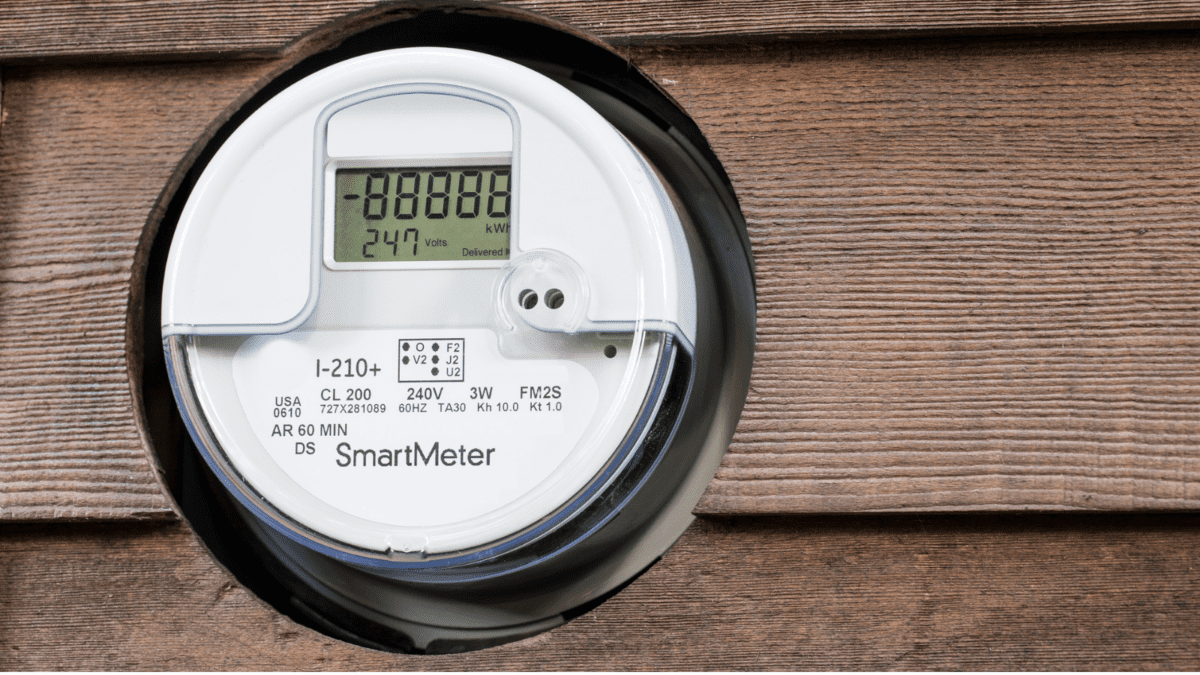Sri Lanka in trouble under a mountain of debt and no-one to help
Sri Lanka is in trouble. A state of emergency has been called after chaos hit the streets of Colombo. Anti-government protestors stormed into Prime Minister Ranil Wickremesinghe’s office hours after he was named as acting president. In response, the Sri Lankan PM has advised the military to “do whatever is necessary” to restore order.
Wickremesinghe was appointed to take over from President Rajapaksa, who has since fled the country. But this decision wasn’t made by the people, and it has only enraged Sri Lankans, creating further protests.
It’s a sad moment for Sri Lankans both here and abroad. It was only two years ago that Sri Lanka was named the best country in the world to visit by travel publisher Lonely Planet. Full of romantic landscapes, lush green tea gardens and golden beaches, Sri Lanka is nothing short of magnificent. So, what has happened to the pearl of the Indian Ocean?
The country is reeling from its worst economic crisis in decades. The scenes shown on the media are the result of months of turmoil and desperation. In just three years, economic mismanagement and prolific government corruption have sent the country bankrupt, and it can all be traced back to the signing of a familiar contract: The One Belt One Road (OBOR) Project.
Announced in 2013, PM Rajapakse signed the OBOR project with China to build a massive airport and harbour that the country didn’t need. China’s investment of an estimated US$1.4 billion ($2 billion) in Sri Lanka’s Colombo Port City project is the largest investment in the country’s history.
Sri Lanka was one of the first countries to be caught in China’s debt-trap diplomacy. When Sri Lanka couldn’t meet its repayments, it was forced to cough-up the port of Hambantota via a controversial 99-year lease to China Merchant Port Holdings (CMPH). It raises the question, why was this deal allowed in the first place when it appeared to have little economic benefit to the country? It was, in all essence, predatory lending combined with government corruption, at its finest.
Also, during the spring of 2021, President Rajapaksa made an unusual decision by banning synthetic fertilizer and pesticide imports, which effectively forced the country’s farmers to go organic. This decision alone proved disastrous, causing rice production to drop by 20 per cent in the six months thereafter. A country that was self-sufficient in rice production was now forced to spend US$450 million ($643 million) on rice imports. The production of tea, Sri Lanka’s main export and foreign-exchange earner, was slashed, falling by 18 per cent. Again the government was forced to spend millions on subsidies to make up for the loss in productivity.
Fast-forward to today, and Sri Lankans are skipping meals as they endure shortages, lining up for hours to try to buy scarce fuel and cooking gas. The country has run out of money and is heavily in debt.
And then this…
“The United States Department of Defence released a report titled Military and Security Developments Involving the People’s Republic of China on 2 November 2021, citing that China has likely considered setting up a military base in Sri Lanka and this had been coming as Beijing has been projecting its power far beyond the Chinese mainland.”
Sri Lanka’s debt problems cannot be blamed solely on the Chinese debt trap. The country was already heavily in debt and the pandemic hit its tourism industry hard. This deal merely tipped the country over the edge. China does have some responsibility in creating the unfavourable situation for Sri Lanka but isn’t solely to blame. China was looking out for its best interests, and this should be a warning… Australia needs to lift its game.
What is happening in Sri Lanka, could take place in the Solomon Islands and the island of Kirabati in a few years from now. The president of Kiribati pulled the country out of the Pacific forum. Solomon Islands signed China’s OBOR project back in 2019. According to SBS News, “Kiribati’s opposition leader has suggested the last-minute move to withdraw her nation from the Pacific Islands Forum was influenced by China.”
But it’s not all bad news. This week the US flexed its muscles by offering incentives for Pacific Island leaders to counter Beijing’s efforts to dominate the region. According to CNN, “The US said it and its allies and partners — Australia, Japan, New Zealand, and the United Kingdom — would establish the Partners in the Blue Pacific to support Pacific priorities and boost Pacific regionalism.” It’s a significant step in the right direction. Incentives included more funding for fisheries, extra aid, and offers of new US embassies in the Pacific, including one in Kiribati.
What comes next with Sri Lanka?
The Government owes roughly US$51 billion ($73 billion) and is no longer able to pay interest on its bonds. Its currency is devalued, and tourism has collapsed. China has closed its doors and is not offering any help. Sri Lanka is on its knees.
But there is hope. Australia is providing $50 million to Sri Lanka for urgent food and healthcare needs. And the US is also providing aid. Sri Lanka sits in one of the world’s busiest shipping lanes. Letting a country of such strategic importance collapse is not an option. The United States, Japan, India, and Australia plan to use the “Quad” mechanism” to support Sri Lanka and squeeze China out and contain its influence.
And finally, Sri Lanka’s old friend and neighbour, India, may come to the rescue. The country is providing support via a US$4 billion ($5.7 billion) credit line. If the two countries can revive and strengthen a relationship that dates to 2,500 years, the political winds could sway away from China and in India’s favour.









